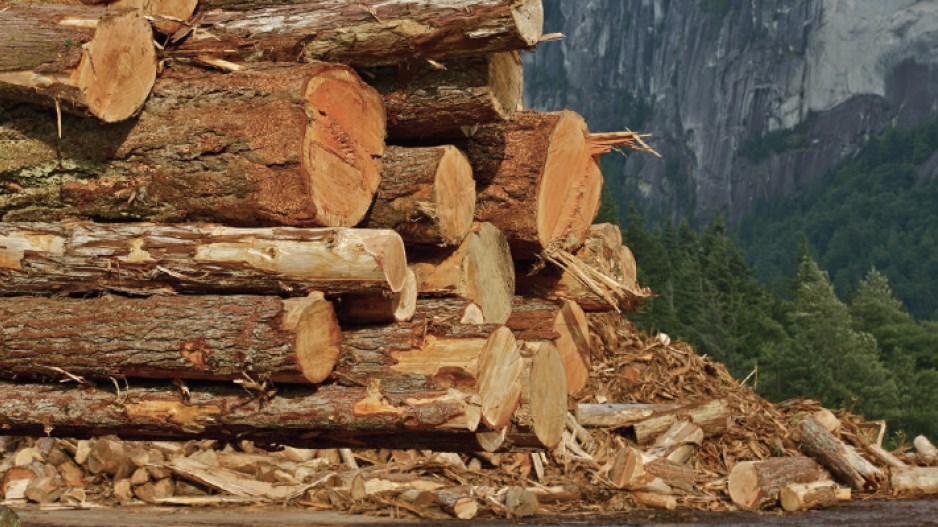Despite a recent sharp dip in lumber prices in the U.S., and despite American protectionism, long-term prospects for B.C.’s forest industry look good, industry leaders said April 4 during the annual Council of Forest Industries (COFI) convention in Vancouver.
Chris McIver, West Fraser Timber’s (TSX:WFT) senior vice-president of sales and marketing, said pent-up demand, especially in remodelling and repairs, means there is likely to be continued demand for lumber in the U.S.
One of the challenges is timber supply, not just in B.C. but in other parts of North America as well.
Canadian forestry companies continue to face long-term decline in timber access in Canada, which explains why so many Canadian companies now own more sawmills in the U.S. than they do in Canada.
The only region where supply is growing is the U.S. South, McIver said. He added that the timber supply is expected to continue to decline in Canada.
“Certainly we think B.C. is going to shrink some,” McIver said.
Kevin Pankratz, Canfor’s (TSX:CFP) senior vice-president of sales and marketing, said the industry expects the market in China for all kinds of wood products to continue growing, as China’s economy shifts more toward a domestic economy, which will drive the demand for lumber for housing and furniture.
He also pointed to the increase in seniors homes in Asia and a growing emphasis on “green” building in China.
Bart Bender, senior vice-president of sales and marketing for Interfor (TSX:IFP), said there are huge opportunities in mass timber construction. He pointed out that engineered wood products like cross-laminated timber consume more board feet of lumber.
“Mass timber will allow us to access significant market share currently occupied by steel and concrete construction,” Bender said. “It’s estimated the opportunity to grow North American lumber demand is between 3.6 million and nine million board feet. That’s a significant amount of volume.”
One of the biggest challenges for Canadian exporters now is that the country’s two biggest trade partners, the U.S. and China, are locked in a trade war, and Canada is caught in the middle.
China has arrested Canadians in China and has banned imports of canola – retaliation, many believe, for Canada’s detaining a Huawei Technologies Co. Ltd. executive at the request of the United States to face extradition.
The fear is that China could expand trade blockades to other Canadian products, like lumber.
David MacNaughton, Canada’s ambassador to the U.S., a keynote speaker at the COFI convention, suggested the Americans bear some responsibility for helping repair relations between Canada and China, because the friction between China and Canada was caused by the U.S.
“We have to get past the particular situation that exists at the present moment, and I think the Americans have some responsibility for helping us get past that,” he said.
As for American trade duties, despite Canada’s success in renegotiating the North American Free Trade Agreement, it has failed to negotiate an end to either softwood lumber duties or tariffs on steel and aluminum.
MacNaughton didn’t offer much hope of getting the softwood lumber dispute with the U.S. resolved through negotiation.
Fortunately, he said, Canada managed to retain a dispute resolution mechanism – Chapter 19 – when renegotiating the agreement. In other words, the only hope of getting American duties removed likely lies in challenging them through international trade tribunals.
“As we move through that, and as Canada is vindicated in that process, I think that there will be some pressure on the U.S. to come back to the table in some sensible negotiation,” MacNaughton said.
“It is always easy to get a deal if you’re prepared to do a bad deal, and we have not been prepared to do a bad deal, not then and not now. And we will hang tough and do that with the support of this industry and make sure that when we get a deal it will be good for this industry.” •




